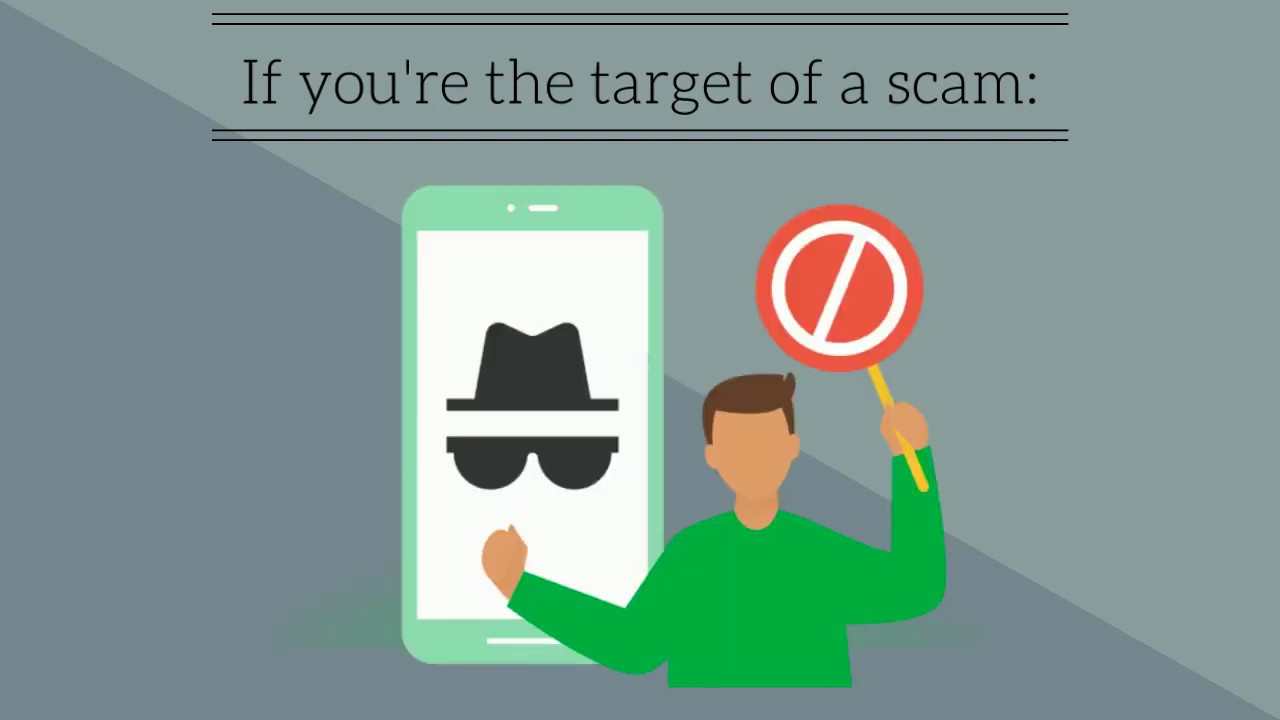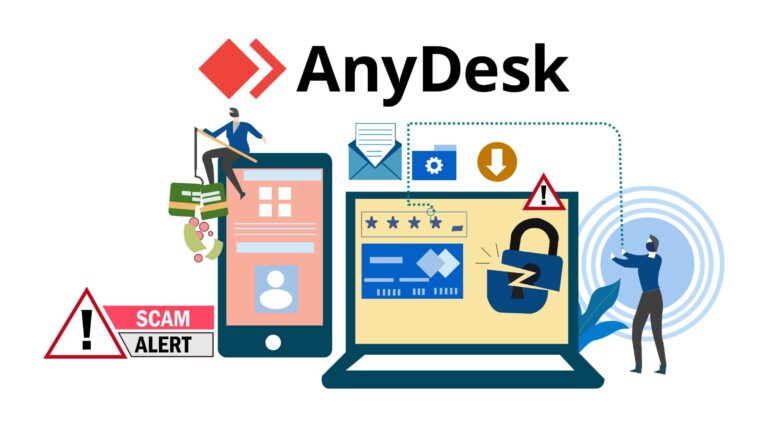How to Report a Scam: What To Do if You Were Scammed

Scams are a persistent threat in today’s digital age, preying on unsuspecting individuals in various forms. Recognizing and reporting scams is not only essential for protecting yourself but also for helping authorities combat fraudulent activities. In this blog post, we will explore the importance of reporting scams and provide a step-by-step guide on how to report a scam effectively.
The Importance of Reporting Scams
Reporting scams is crucial for several reasons:
- Protect Yourself and Others: Reporting a scam can prevent further financial loss and protect others from falling victim to the same scheme.
- Legal Action: Authorities use scam reports to investigate and take legal action against fraudsters, dismantling criminal networks.
- Prevent Future Scams: Data from scam reports helps law enforcement and regulatory agencies identify emerging scam trends, allowing them to develop strategies to prevent future scams.
- Raise Awareness: Reporting scams helps raise awareness about the types of scams circulating, making it more challenging for scammers to succeed.
How to Report a Scam: A Step-by-Step Guide
Follow these steps to report a scam effectively:
1. Gather Information:
- Collect all relevant information about the scam, including the scammer’s contact details, phone numbers, email addresses, and any correspondence or documentation related to the scam.
- Note the date and time of the scam, as well as any identifying information about the scammer or their organization.
2. Contact Your Local Authorities:
- If you believe you’ve fallen victim to a scam, contact your local law enforcement agency to report the incident.
- Provide them with all the information you’ve gathered about the scam.
3. Report to Federal Agencies:
- In the United States, you can report scams to the Federal Trade Commission (FTC) through their website (ftc.gov/complaint) or by calling 1-877-FTC-HELP (1-877-382-4357).
- If the scam involved cybercrime or online fraud, report it to the Internet Crime Complaint Center (IC3) at ic3.gov.
4. Inform Your Financial Institution:
- If the scam involved a financial transaction, contact your bank or credit card company to report the fraudulent activity.
- They can help you secure your accounts and potentially recover lost funds.
5. Report to Relevant Regulatory Agencies:
- Depending on the nature of the scam, there may be specific regulatory agencies you should report to. For example, report investment-related scams to the Securities and Exchange Commission (SEC) or the Financial Industry Regulatory Authority (FINRA).
6. Report to Consumer Protection Agencies:
- In addition to the FTC, many countries have consumer protection agencies. Report scams to your local agency, which may vary depending on your location.
7. Warn Others:
- Share your experience and the details of the scam with friends and family to help them avoid similar situations.
- Consider reporting the scam on online platforms and forums to alert others.
8. Document Everything:
- Keep a record of all communication with authorities and financial institutions related to the scam.
- This documentation can be crucial if you need to provide evidence later.
9. Be Cautious Going Forward:
- Scammers may attempt to target you again. Stay vigilant and continue to educate yourself about common scam tactics.
Conclusion
Reporting a scam is a civic duty that not only helps protect you but also contributes to the collective effort to combat fraud. By following the steps outlined in this guide, you can report scams effectively and assist authorities in their efforts to apprehend fraudsters and prevent future scams. Remember, staying informed and vigilant is your best defense against scams, so continue to educate yourself and share your knowledge with others.






